Search Fellows
Click on a Fellow below to view more information or create your own search.
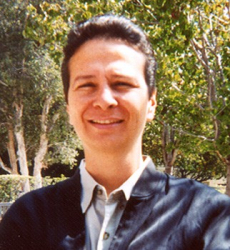
Edward E. Telles
University of California, Los Angeles
Visiting Scholar
2004 to 2005
Edward Telles, Professor of Sociology at the University of California, Los Angeles, will work on a book that examines intergenerational change in ethnic identity and socio-economic mobility among Mexican Americans in Los Angeles and San Antonio between 1965 and 2000. Using a longitudinal data set covering four generations of Mexican Americans, Telles will examine how applicable previous theories about immigrant assimilation are to Mexican Americans, whose skin color and educational attainment are vastly different than the Europeans after whom the theories were designed.
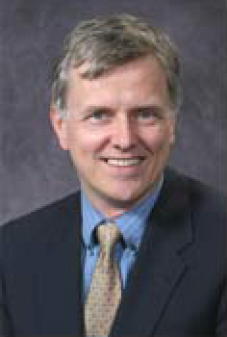
Philip Tetlock
University of California, Berkeley
Visiting Scholar
2005 to 2006
Philip Tetlock, Mitchell Professor of Leadership at the University of California, Berkeley, will work on several projects relating to the political implications of the ways in which people make decisions and systematically err in judgment. His work will touch on the decision-making of political experts, the ways in which a society’s moral boundaries limit new thinking, and how a person’s willingness to consider historical counterfactuals relates to their understanding of the past and the future.
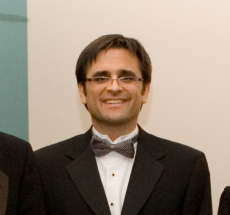
David Thacher
University of Michigan
Visiting Scholar
2006 to 2007
David Thacher, Associate Professor of Public Policy and Urban Planning at the University of Michigan, will write a book that examines how empirical social science can contribute to the study of values and normative issues in public policy. Rather than examining the best means to achieve a given goal, the book will show how the worthiness of a goal can be gauged by social science. His research will use case studies in the criminal justice and social policy domains, asking for example whether certain approaches to policing can be justified by their empirical results.
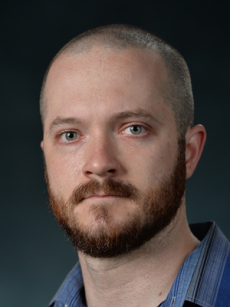
James Thomas
University of Mississippi
Visiting Scholar
2022 to 2023
Thomas will examine beliefs about Whiteness among White Southerners who came of age amidst the large-scale social, economic, political, and cultural shifts of the 21st century. He will focus on how those who continue to benefit from their place within the racial hierarchy understand and make sense of that hierarchy and their place within it.
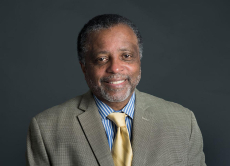
J. Phillip Thompson
Columbia University
Visiting Scholar
1995 to 1996
J. Phillip Thompson, assistant professor of urban politics and urban policy at Barnard College, began work on a book that will trace the narrowing of the political scope of black politics and the limiting of black collective action that accompanied the election of black mayors in New York, Oakland, and Atlanta. He also completed a book chapter on urban community initiatives and shifting federal policy.
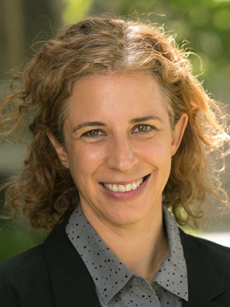
Camille Robcis
Columbia University
Visiting Scholar
2024 to 2025
Robcis will write a book exploring the arguments against so-called “gender ideology,” “gender theory,” or “gender agenda.” She will trace how critics came to perceive, and fight, “gender ideology” as responsible for the push for sexual and reproductive rights, from the legalization of abortion and access to contraception, to same-sex marriage, sexual education in schools, non-discrimination bills, access to new reproductive technologies, trans rights, and more.
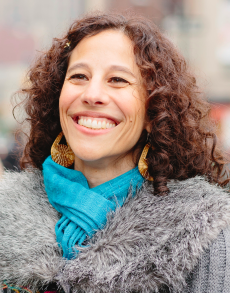
Miriam Ticktin
New School for Social Research
Visiting Scholar
2019 to 2020
Ticktin will investigate the resurgence of border walls as an anti-immigrant tool in the context of rising right-wing and nationalist populisms, concentrating on the proposed border wall between the U.S. and Mexico. Drawing from legal, historical, and ethnographic research, she will demonstrate how border walls paradoxically rely on transnational technologies, ideas, and economies.
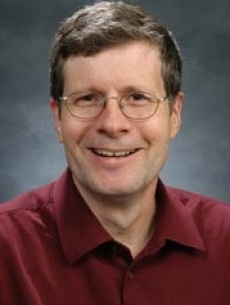
Chris Tilly
University of Massachusetts, Lowell
Visiting Scholar
1995 to 1996
Chris Tilly, associate professor in the department of policy and planning at the University of Massachusetts at Lowell, supervised the completion and data processing of the in-depth employer interviews that form part of the Multi-City Study of Urban Inequality. With colleagues Joleen Kirchenman and Philip Moss, he wrote a paper assessing the impact of the formality of the hiring process on minority representation in a firm's work force. Another paper analyzes employers' views of their space requirements in relation to location and hiring decisions.
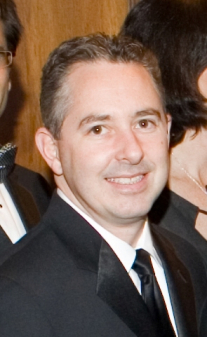
Timothy Patrick Moran
State University of New York, Stony Brook
Visiting Scholar
2006 to 2007
Timothy Moran, Assistant Professor of Sociology at SUNY, Stony Brook, and Roberto Korzeniewicz, Associate Professor of Sociology at the University of Maryland, College Park, form a working group that will be at the Foundation in the fall to write a book examining inequality from a global perspective, focused on rising economic disparities among countries around the world. They will argue that trends in the last century have led to reduced inequality within wealthy nations, but accentuated inequality between rich and poor nations.
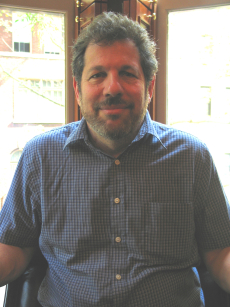
Joseph Tobin
Arizona State University
Visiting Scholar
2007 to 2008
Joseph Tobin, Nadine Mathis Basha Professor of Early Childhood Education at Arizona State University, will analyze and write up the results of “Children Crossing Borders,” an interdisciplinary study of preschools as one of the front lines in immigrants’ contact with the cultures of England, France, Germany, Italy, and the United States. The study looks at how preschool teachers and administrators have modified their practices to serve increasingly diverse populations.
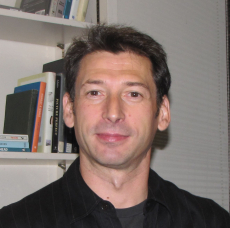
Alexander Todorov
Princeton University
Visiting Scholar
2010 to 2011
Todorov is part of a working group (with Ran Hassin), which will use recent findings in cognitive neuroscience to better understand the significant role unconscious processes play in human decision-making. Individually, Ran Hassin will focus on how unconscious states of mind associated with specific ideologies or beliefs trigger certain social behaviors.
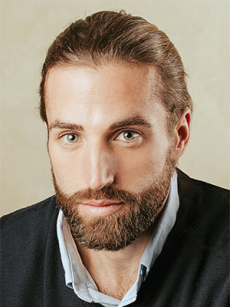
Gerard Torrats-Espinosa
Columbia University
Visiting Scholar
2024 to 2025
Torrats-Espinosa will examine how workplace and residential environments influence racial disparities in policing. He will use large-scale administrative data from several police departments across the U.S. to generate evidence on the sources of police violence and its impact on racial and ethnic minorities.
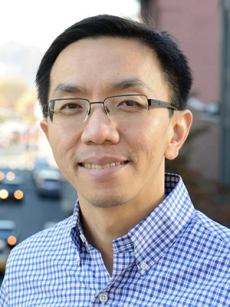
Van Tran
City University of New York
Visiting Scholar
2025 to 2026
Tran will examine the life experiences of vulnerable Asian Americans, including disadvantaged refugee groups and low-income older Asians. His work broadens established narratives of Asian American success by focusing on a less visible segment of the Asian population. He will explore the consequences of growing intra-Asian diversity on future data-collection efforts, including the use of Asian oversamples to collect ethnicity-level data and the inclusion of language-appropriate survey instruments in national surveys.
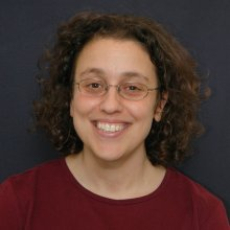
Linda Tropp
University of Massachusetts, Amherst
Visiting Scholar
2017 to 2018
Tropp and Dina Okamoto will explore immigrant-native relations based on a telephone survey of 2,000 residents of Atlanta and Philadelphia and in-depth interviews with 250 of the survey respondents.
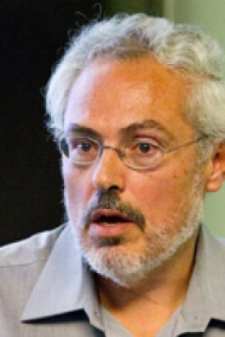
George Tsebelis
University of California, Los Angeles
Visiting Scholar
2000 to 2001
George Tsebelis, professor of political science at the University of California, Los Angeles, will develop a theory of political institutions, focusing upon those individuals or groups who hold a veto over any attempt to change the status quo. According to this theory of "veto players," political institutions do not influence the direction of policy so much as the pace of legislative change. The greater the number of veto players, the greater the cohesion within them, and the greater the ideological distance between them, the harder it is to pass legislation.
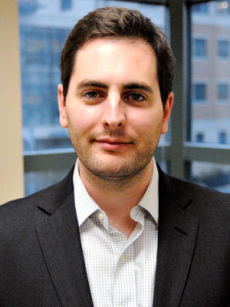
Elliot M. Tucker-Drob
University of Texas at Austin
Visiting Scholar
2015 to 2016
Tucker-Drob and Kathryn Paige Harden will analyze data from the Texas Twin Project, a study of over 1,000 twins, to examine how genetic and social factors interact to shape child and adolescent development. Tucker-Drob will study how socioeconomic disadvantage suppresses genetic influences on academic achievement.
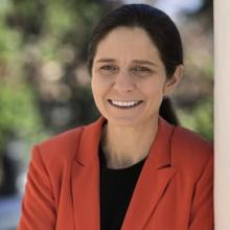
Sarah E. Turner
University of Virginia
Visiting Scholar
2003 to 2004
Sarah E. Turner, assistant professor of education and economics at the University of Virginia, will continue her research on how educational opportunities available in colleges and universities affect the labor market. In work previously funded by the Foundation, Turner discovered that the number of university degrees awarded in a state has only a modest effect on the number of university-educated workers in that state; demand in local labor markets is apparently an important variable.
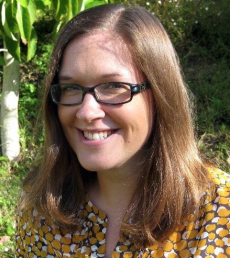
Kristin Turney
University of California, Irvine
Visiting Scholar
2019 to 2020
Turney will use data from the Fragile Families and Child Wellbeing Study and propensity-score matching models to study the consequences of incarceration for family life. She will explore the short-and long-term consequences of fathers’ incarceration on romantic relationships, family members’ economic wellbeing, parenting practices, and health outcomes. She will also study how the effects of paternal incarceration on family life vary by race and ethnicity, educational attainment, residential status, and other factors.
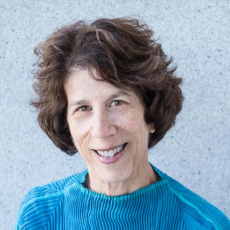
Barbara Tversky
Stanford University
Visiting Scholar
2004 to 2005
Barbara Tversky, Professor of Psychology at Stanford University, will begin research for a book that profiles how people communicate their own perception of reality to others, and how the process of conveying that information shapes their memories of past events. She will explore narrative distortions like exaggeration and caricature, asking about the contexts in which storytellers use them and the ability of listeners to detect them.
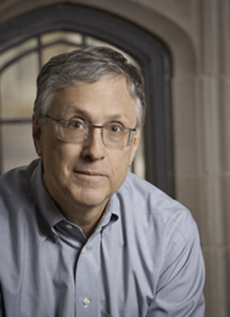
Tom R. Tyler
New York University
Visiting Scholar
1999 to 2000
Tom Tyler, professor of psychology at New York University, will write a monograph on trust in the context of citizens' relations with the police and courts. Based on survey research of an ethnically diverse sample of citizens in Oakland and Los Angeles, his work will show how the law can function more effectively if authorities gain the trust of citizens by making decisions in ways citizens view as fair.
